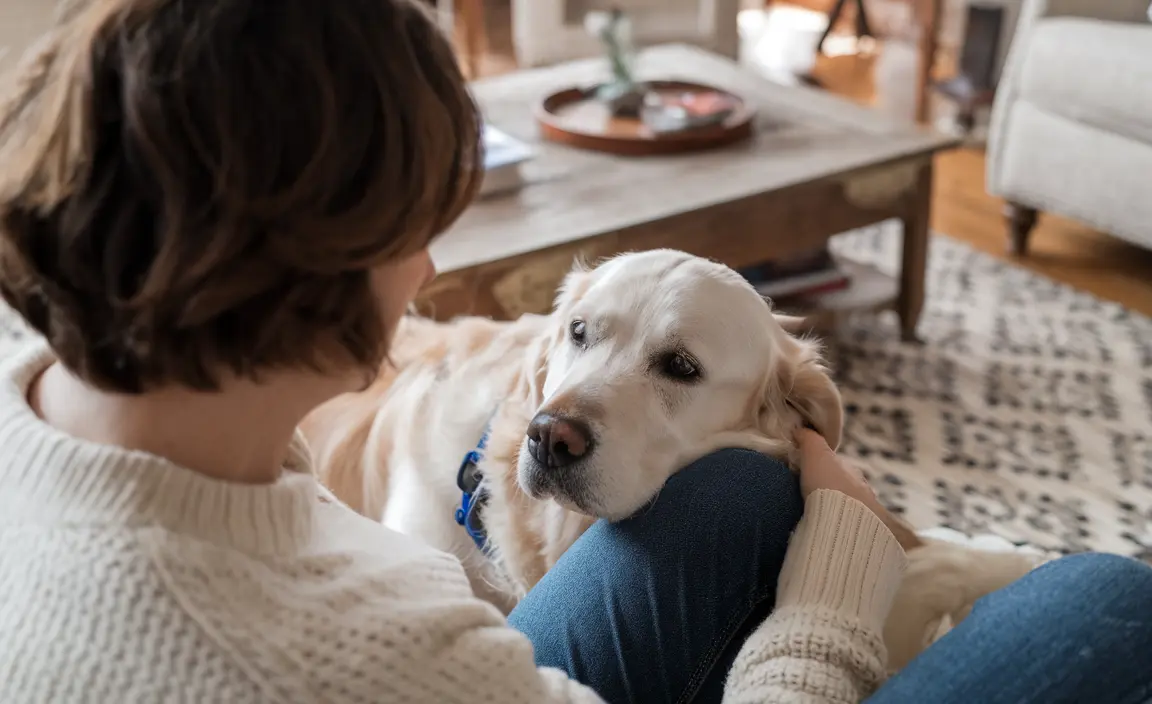When it comes to finding a loyal and loving pet, senior dogs often get overlooked in favor of their younger counterparts. However, adopting a senior dog can be one of the most rewarding experiences a pet lover can have. These mature canines bring a unique blend of gratitude, calm, and unconditional love that can transform your life in ways you never expected.
Senior dogs are not just pets; they're experienced companions ready to share their wisdom and affection with a loving family. This comprehensive guide will explore the incredible journey of adopting a senior dog, revealing the profound emotional and practical benefits that come with giving an older dog a second chance at happiness.
The Emotional Rewards of Senior Dog Adoption
Adopting a senior dog is more than just bringing home a pet – it's an act of compassion that creates an immediate and deep connection. These mature dogs often come with an innate sense of gratitude, having experienced life's challenges and appreciating the comfort of a loving home. Unlike puppies, senior dogs typically settle in quickly, offering a sense of stability and instant companionship.
Understanding the Unique Bond
The connection with a senior dog is unlike any other. These animals have developed personalities that shine through, making it easier to understand their individual quirks and needs. They tend to be more patient, calm, and appreciative, forming effortless bonds with their new families. Many adopters report an almost immediate sense of mutual understanding and love that transcends age.
Practical Advantages of Choosing a Senior Dog
Beyond the emotional benefits, senior dogs offer numerous practical advantages that make them ideal companions for many households. Most importantly, they come with a wealth of pre-existing training and life experience that can make integration into your home remarkably smooth.
Built-In Training and Predictability
One of the most significant benefits of adopting a senior dog is their established training. These dogs are typically house-trained, understand basic commands, and have predictable personalities. This means less time spent on intensive training and more time enjoying each other's company. Their calm demeanor makes them excellent companions for families, singles, and even those living in apartments.
Navigating the Challenges of Senior Dog Adoption
While adopting a senior dog is incredibly rewarding, it's essential to approach the process with realistic expectations and preparation. These dogs may come with unique health considerations and emotional needs that require patience and understanding.
Health Considerations and Care
Senior dogs may have existing health conditions that require additional medical attention. Potential adopters should be prepared for potential veterinary expenses and be willing to provide consistent care. Consider pet insurance and establish a relationship with a veterinarian who understands senior dog health needs.
Creating a Comfortable Transition
Helping a senior dog adjust to a new home requires patience and compassion. Create a safe, comfortable space with soft bedding, easy access to water and food, and minimal environmental stressors. Some dogs may take weeks to fully settle in, especially if they have experienced previous trauma or multiple rehoming experiences.
Preparing for Your Senior Dog's Arrival
Home Preparation Checklist
- Create a quiet, comfortable resting area
- Ensure easy access to essential areas
- Purchase age-appropriate bedding and feeding supplies
- Schedule an initial veterinary check-up
- Prepare for potential mobility assistance tools
Frequently Asked Questions
What are the benefits of adopting a senior dog over a younger one?
Senior dogs offer immediate companionship, are typically already trained, have established personalities, and provide a deep, meaningful bond with less intensive care requirements compared to puppies.
How do I prepare my home for a senior dog with existing health conditions?
Create a comfortable, accessible environment, remove potential hazards, provide orthopedic bedding, ensure easy access to food and water, and consult with a veterinarian about specific health management strategies.
What kind of exercise is suitable for a senior dog with limited energy?
Focus on gentle, low-impact activities like short walks, mild play sessions, and mental stimulation through puzzle toys and quiet interaction. Always consult your veterinarian about appropriate exercise levels.
How long does it typically take for a senior dog to adjust to a new home?
The adjustment period varies but typically ranges from two to eight weeks. Some dogs may settle quickly, while others might need more time depending on their previous experiences and individual personality.
Are senior dogs more prone to health issues, and how can I manage their care effectively?
Senior dogs are more likely to develop age-related health conditions. Manage their care through regular veterinary check-ups, maintaining a healthy diet, providing appropriate exercise, and being proactive about potential medical needs.
Adopting a senior dog is a journey of love, compassion, and mutual understanding. These incredible animals have so much love to give, and by opening your heart and home, you're not just rescuing a dog – you're gaining a loyal, grateful companion who will fill your life with joy and unconditional affection.






